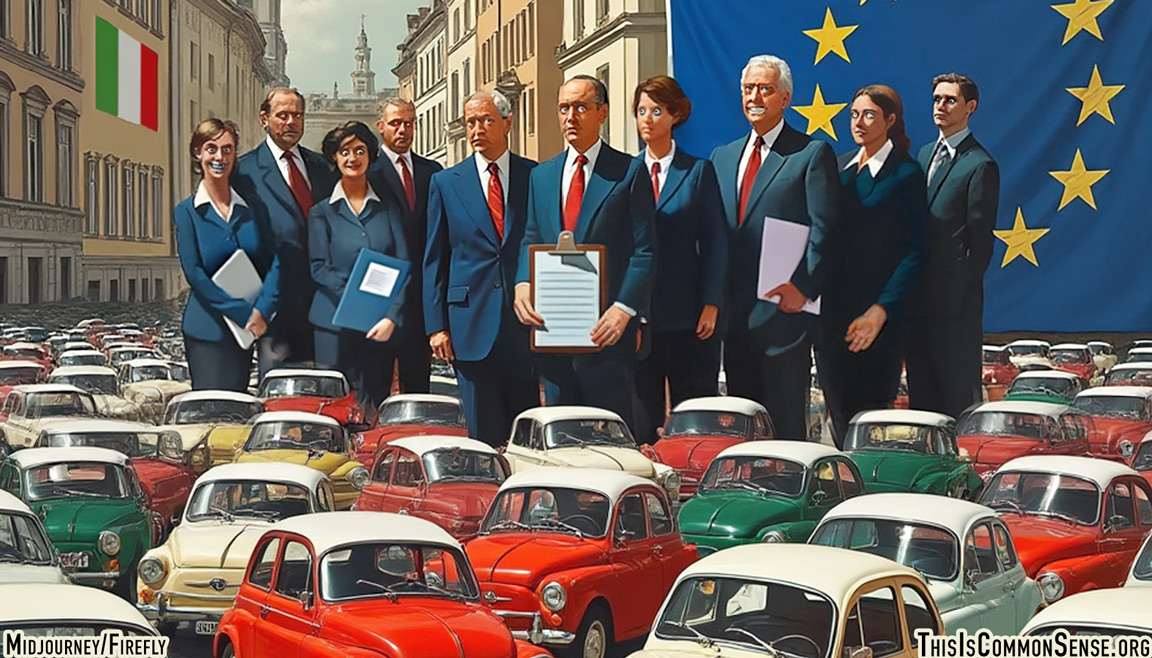Donald Trump can’t turn the U.S. Postal Service over to private hands with a wave of his hand. But he can push to make it happen.
Three people “with knowledge of the matter” say that he has discussed the possibility with Howard Lutnick, his choice for commerce secretary.
USPS never makes money. It costs taxpayers billions every year. In fiscal year 2023, it lost $6.5 billion; in the next fiscal year, $9.5 billion.
If privatizing the agency does happen, the transition probably won’t be seamless, not even if we can surmount the opposition of the powerful postal union.
Fortunately, we already have many private alternative ways of shipping information and packages, from encrypted email to UPS and FedEx.
The latter have come to rely on the post office to handle part of delivery, typically the last mile or two. They’ll have to find alternatives if a privatized USPS does not immediately assume these contracts.
Thankfully, delivery services are already supplementing their local-area shipping. For example, UPS has Roadie, a company that relies on independent drivers to provide same-day delivery within a town for stores like Best Buy.
Roadie drivers are gig workers. So let’s hope that even as the federal government paves the way for a hostile private takeover of the Postal Service, freelance contractors are not being regulated out of existence.
For some reason, Trump has named a person in favor of that sort of thing to lead the Labor Department. So expect bumps ahead.
This is Common Sense. I’m Paul Jacob.
Illustration created with
—
See all recent commentary
(simplified and organized)





